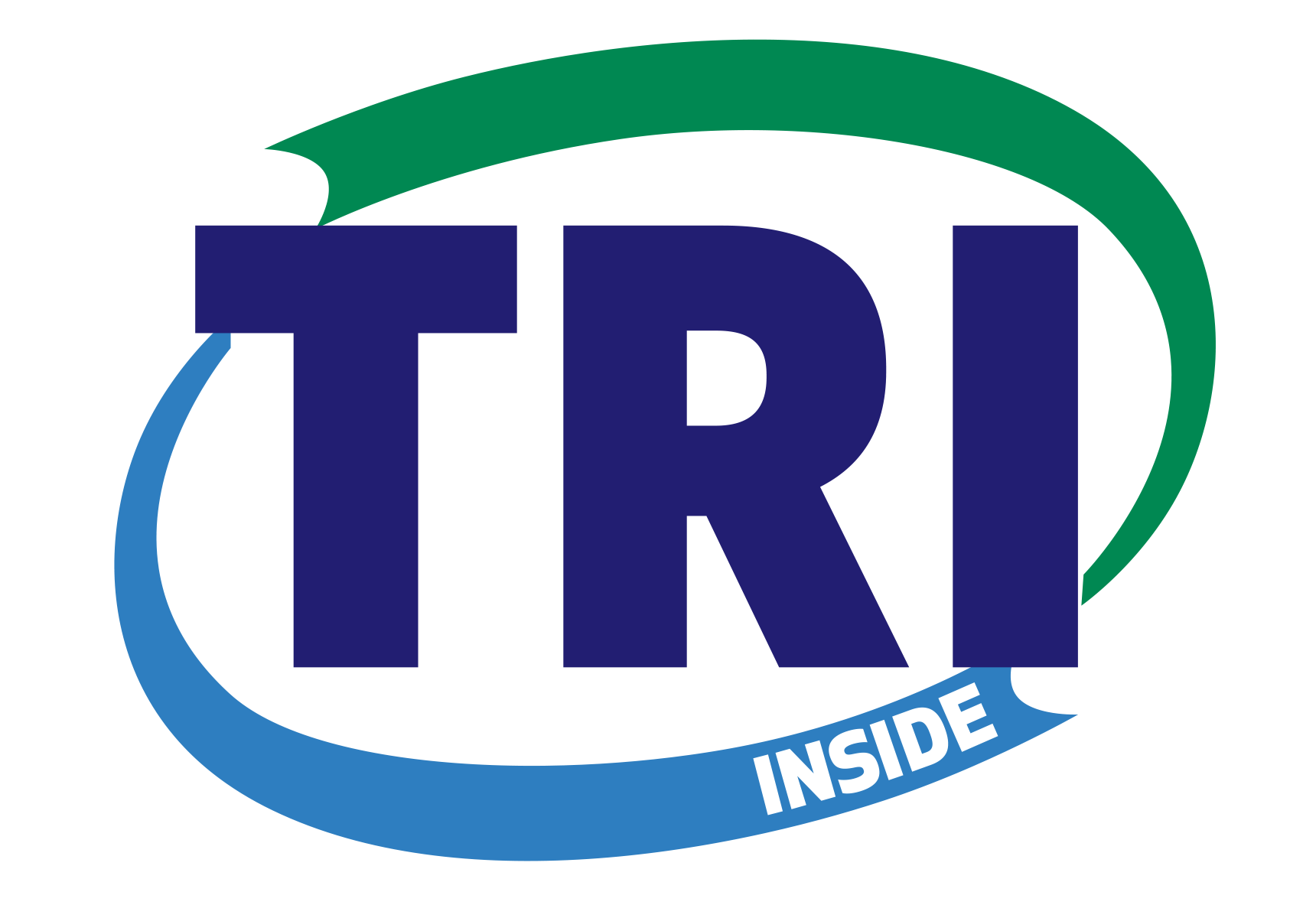Gasification
There are many biological and thermochemical platforms to convert biomass into value added products; however most of these technologies can only convert a narrow range of biomass types into a limited number of products, such as corn to ethanol, algae to ethanol, and waste to power. In contrast, gasification is a thermochemical pathway that can convert almost all of any carbon-based biomass into a wide range of downstream value-added products. Gasification is an enabling technology that generates a synthesis gas (“syngas”) composed of hydrogen and carbon monoxide which, supports a wide range of value-added processes and products, and offers the potential to transform regional economies into sustainable, clean energy systems by converting locally available feedstock (biomass, energy crops, agri-waste, animal waste, sorted Municipal Solid Waste or MSW, etc.) into fuels, chemicals, electricity and process heat.TRI’s Proprietary Steam Reformer Technology
TRI’s technology is customizable to maximize efficiency and operability with favorable economics.
TRI’s proprietary gasification technology transforms carbonaceous feedstock with some unique attributes:
- production of a medium calorific value syngas,
- ability to dial in the H2 to CO molar ratio to match the synthesis reaction or fermentation step for biofuels and/or biochemical production,
- feedstock flexibility,
- generation of the highest syngas flow for subsequent conversion due to the indirect heating method, and
- opportunity for superior thermal and process integration.
The TRI gasification system utilizes an indirectly heated medium temperature, low pressure fluidized bed steam reformer primary stage and a higher temperature, low-pressure fluidized bed gasifier second stage to generate syngas. The feedstock flexibility allows the system to take advantage of the most economically available feedstock in a given region and in a given season (i.e. lowest-cost, most readily-available waste biomass). TRI has demonstrated that the technology can transform everyday garbage into jet fuel in a fully integrated process demonstration unit. Using garbage, waste wood, energy crops, agri-waste, animal waste, etc. we can create gasoline, jet fuel, diesel, chemicals, green power and other renewable energy.
Benefits
TRI’s technology produces the highest quality syngas from biomass to enable the production of high value-added fuels and chemicals.
With TRI’s unique steam reforming chemistry, gas cleanup starts in the reformer and results in simplified gas cleanup systems that save capital and operating costs.
TRI has designed, commissioned and run commercial scale steam reformers to convert black liquor (a byproduct from paper-making) into syngas and recover chemicals.
TRI has state of the art testing facilities, including a fully integrated biorefinery process demonstration unit rated at 4 dtpd feedstock throughput (1MWt capacity).
Results
TRI has operated the process demonstration unit over an extensive run time (10,000+ h) and demonstrated the conversion of wood waste/forest residuals and MSW into high quality, clean syngas and in turn into Fischer-Tropsch liquids, ASTM spec diesel and jet fuel.

